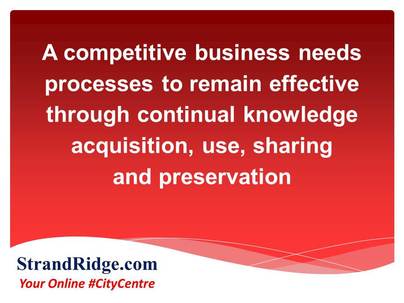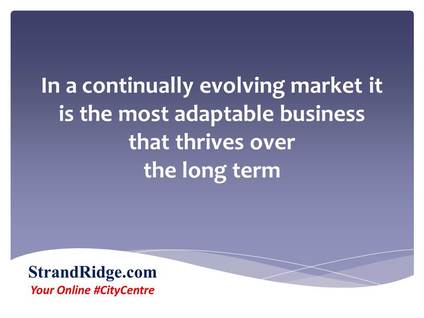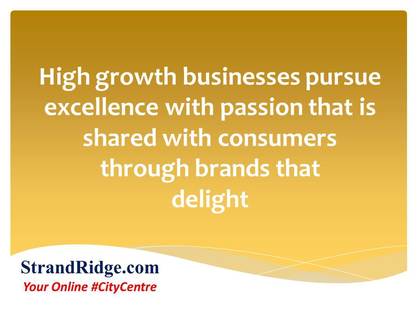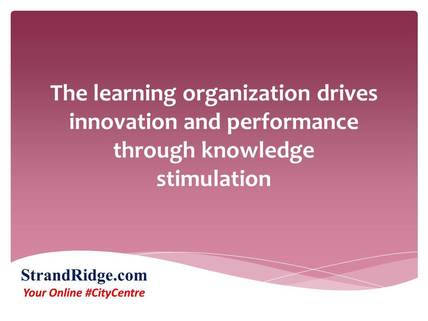Learning for rapid response to change
A painter built a reputation as an artist recognised by art galleries across the country. While his paintings fetched a high price it remained a labour of love that produced a limited number of paintings each year.
The artist went into business partnership with an entrepreneur and an art gallery owner to create limited edition certified prints of his paintings for sale. Subsequently the business invested in a studio with a creative team using the latest technology to produce limited edition T-shirts, mugs, plates and greeting cards. They then started experimenting with electronic display projections for arty cafes.
The business expanded with the artist and his creative team working with print and light projection technology to create new experiences for trendy venues and design events. This business recognizes that a team with artistic creativity combined with new technology translates into “knowledge capital” that is highly profitable in the world of art and high fashion.
This technology driven business is constantly acquiring knowledge about the market, responding rapidly with the latest technology on offer. There is a culture of delivering excellence through continual learning and rapid response to trends that drives the business process.
The business is now expanding into delivering art experiences through mobile electronic devices.
Knowledge capital is a major driving force for competitiveness in a continually evolving market.
A competitive business needs processes to remain effective through continual knowledge acquisition, use, sharing and preservation.
To remain competitive over the long term your business should adopt innovation continually through these four aspects of learning:
Acquiring Knowledge
Your business needs team members to constantly acquire new thinking, approaches and processes through attending of training, business meets and speaking events.
Using Knowledge
A rapid response culture is necessary to encourage use of new knowledge acquired by individuals in your team.
Sharing Knowledge
Knowledge sharing requires a culture of open communication and due recognition of the knowledge provider.
Preserving Knowledge
There should be a system to preserve pertinent knowledge acquired over the years that allows for easy retrieval and analysis in order to learn quickly from past experiences.
High growth businesses focus on learning and unlearning standard practices and processes to remove knowledge that no longer adds value.
An agile learning approach that eliminates processes that do not add value to the business leads to higher process efficiency, better customer experience and greater profits.
Siddha Param
International Business Consultant
Reboot your business plan for sustained high growth
Click For Link To:
BUSINESS SERVICES
CENTRE FOR EXCELLENCE
BUSINESS EXCHANGE MALL DIRECTORY
Do share this article on social media and with those interested




 RSS Feed
RSS Feed
